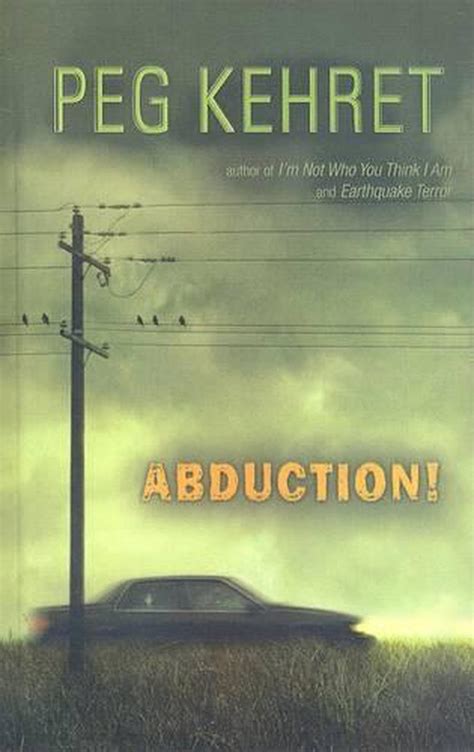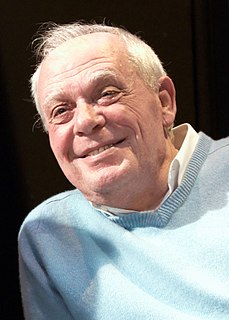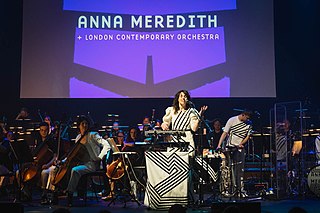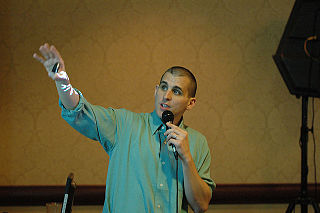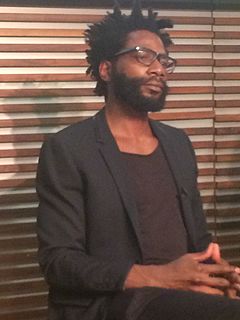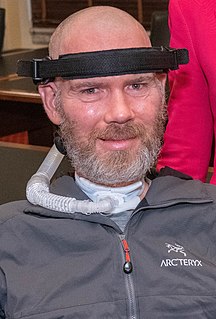A Quote by Jennifer Egan
I'm not reading what I write when I wrote. It's an unconscious outpouring that's a mess, and it's many, many steps away from anything anyone would want to read. Creating that way seems to generate the most interesting material for me to work with, though.
Related Quotes
I write my first draft by hand, at least for fiction. For non-fiction, I write happily on a computer, but for fiction I write by hand, because I'm trying to achieve a kind of thoughtless state, or an unconscious instinctive state. I'm not reading what I write when I wrote. It's an unconscious outpouring that's a mess, and it's many, many steps away from anything anyone would want to read. Creating that way seems to generate the most interesting material for me to work with, though.
If you are going to write, say, fantasy - stop reading fantasy. You've already read too much. Read other things; read westerns, read history, read anything that seems interesting, because if you only read fantasy and then you start to write fantasy, all you're going to do is recycle the same old stuff and move it around a bit.
I don't write because I think I have anything particularly interesting to say. I write because I love writing more than any other work I've done. I do think about entertaining the reader to the extent that I try always to write a book that I myself would want to read, but I don't think it's up for me to decide if what I've written is interesting to others. That is entirely up to others.
You have to resign yourself to the fact that you waste a lot of trees before you write anything you really like, and that's just the way it is. It's like learning an instrument, you've got to be prepared for hitting wrong notes occasionally, or quite a lot, cause I wrote an awful lot before I wrote anything I was really happy with. And read a lot. Reading really helps. Read anything you can get your hands on.
I'm less interested in uniqueness than in goodness. I see so many concerts where the program notes are more interesting than the music. I remember talking to one composer who went through the most complicated mathematical algorithm to generate some material from scratch. It took weeks and weeks, and he came up with a C major chord. For me, honesty is more interesting than originality.
After I wrote my memoir, 'A Long Way Gone,' I was a bit exhausted. I didn't want to write another memoir; I felt that it might not be sane for one to speak about himself for many, many, many years in a row. At the same time, I felt the story of 'Radiance of Tomorrow' pulling at me because of the first book.
It's odd. Though I've spent years working with and creating images, I feel most comfortable expressing myself through writing. I'd been in denial about this for many years. At school I was highly lauded as having the potential to write one day, but being a typically rebellious and misguided teenager I opted to study art. Ironically language has pervaded all the work I have done - from my first forays into an art practice many years ago to my work with typography and book design.
Many years ago, I was actually hired to write the sequel to 'Independence Day.' And I wrote a sequel. And they paid me a boatload of money to go write this thing. And after I wrote it, I read it and I gave them back the money and I said, 'Look, this is an okay movie I just wrote. But it's not worthy of the sequel to 'Independence Day.'


